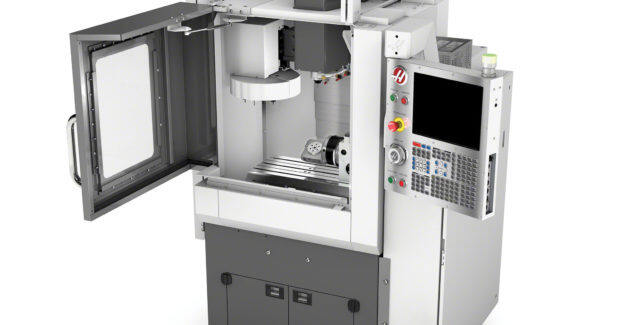Ang email dili mahimong walay sulod
Ang password dili mahimong walay sulod
Sayop sa format sa email
Ang email dili mahimong walay sulod
Anaa na ang email
6-20 ka karakter (mga letra ug numero lamang)
Ang password dili managsama
Sayop sa format sa email
Ang email dili mahimong walay sulod
Wala ang email
6-20 ka karakter (mga letra ug numero lamang)
Ang password dili managsama

Balita
Deflection Correction of CNC Swiss Turn Lathes
The purpose of supporting the workpiece with the guide bushing is to maintain precision throughout the machining of the workpiece. A physical object subjected to a force will deflect. On a conventional lathe, if the cutting forces cause too great a deflection the accuracy of the cut will suffer. With a CNC Swiss Lathe machine, the guide bushing supports the workpiece so close to the tools that the deflection due to the cutting forces is essentially zero. As a result, you can take heavy cuts and still maintain precise dimensions.
How they work

The secret of the Swiss machine’s success is in its design. With Swiss machines, the barstock spins and slides through a guide bushing. This provides a powerful point of support, regardless of workpiece length. Turning tools are mounted to the face of the guide bushing and cut the stock near the bushing. Gang slides carry holders for various types of tooling, and can also support live tooling. Many Swiss machines feature a sub-spindle and back-working tool stations, dramatically increasing the functionality and throughput capability of the machine.
Swiss Turn Lathes are Faster with More Accuracy
The advantages of the Swiss turn lathes come strongly from the guide bushing and the geometry and mechanics that take place in the tool zone.
- Capacity for 20 or more tools in the tool zone.
- Since the tools do not have very far to travel, the chip-to-chip time from one tool to the next can be one second or less.
- Often a single heavy cut can remove all the necessary material while avoiding deflection.
- Surface finish can be excellent eliminating the need for grinding.
- Complex parts can be machined using one operation.
- Secondary operations can be eliminated since the Swiss can mill, drill, ream, saw, and do many other operations. Ultimately the part comes off the machine completely ready to ship.
- Short set-up times.
- Once the machine is set up, loaded with bar stock, it can run “lights out” for hours at a time.
The Swiss advantage
The primary advantages of Swiss machines come from both the guide bushing, the geometry, and mechanics in the tool zone. Parts in Swiss machines deflect and vibrate less during machining than in traditional lathes. And since these machines are relatively compact and the tools do not have to move very far, the chip-to-chip time from one tool to the next can be extremely short—one second or less!
A Swiss machine can produce complex parts using simultaneous operations, and may be able to have as many as three or four tools cutting at the same time. Since a Swiss machine can mill, drill, ream, and saw, secondary operations are often eliminated. Set it up, drop your stock in a bar loader, and a Swiss machine can run for hours unattended, producing parts that come out of the machine ready to ship.
Shops with Swiss machines can produce long runs of small, complex parts faster and cheaper than on traditional lathes, with the added benefit of freeing up other equipment to produce larger parts. The next time you’re looking for a shop to run small, high-tolerance parts in large numbers, find a shop with a Swiss machine. You will be glad you did.
Conclusion
For more information about swiss lathe,swiss machining,swiss type lathe, we are glad to answer for you.

